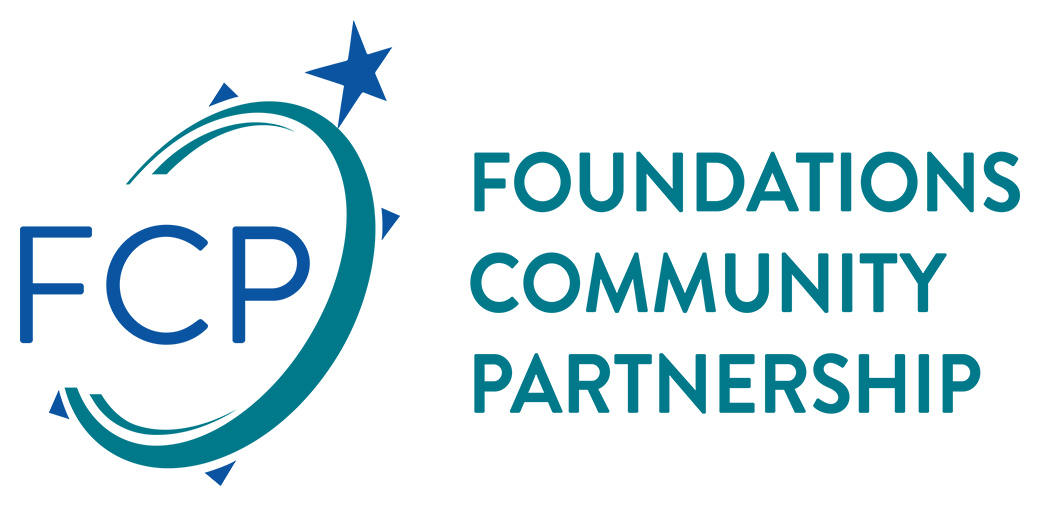Dynamic Workshop Concludes Fall Series!
We enjoyed an excellent workshop today by Michele Angello, Ph.D entitled “Sexual Orientation, Gender Identity, and Behavioral Health Issues in Children and Adolescents.”
In her important and informative workshop, Dr. Angello clearly met her stated goals.
- Identify best practices for working with LGBT youth and their families.
- Discuss the difference between a social and medical transition.
- Describe potential biases held with regard to LGBT parents.
Dr. Angello had a very dynamic style that kept the pace moving quickly. She was also able to transcend the serious nature of the material with a great sense of humor, without diluting her message in the least. The 3 hours went by quickly, leaving the already satisfied audience wanting more. As I have said in the past, presenters who accept open questions during the workshop often set themselves up for comments and questions that deter from the presentation. This can take up much time and prevent the presenter from completing the material. While there were many comments and questions, people around me agreed that these were on target and moved the discussion forward.
While, Dr. Angello did not complete her available material, it did not seem to matter. The rich nature of the information presented, along with her expertise and her presentation style appeared to easily meet her goals for this workshop.
Dr. Angello’s workshop included a brief discussion the nature of sexual identity among youth and a wonderful discussion of vocabulary which I found very useful. I really liked the “Umbrella Graphic” which clearly shows the current verbiage of names among the LGBTQ… community. All who are not “cisgender” (Those aligned with their assigned sex at birth), fall under the umbrella of “transgender.” How simple!
On the other hand, “Transsexual” includes those who may feel that they were born in the “wrong body.” That is a person with an assigned sex at birth, who believes that they are really another sex. For example, a teenager who has been assigned with a male body at birth, may truly believe that they have the heart, mind, and soul of a female.
Dr. Angello talked about transition for these folks. She stated that some folks may seek surgery to better match their inner self with their body image. This is not typical during youth because it is not easily reversible and very expensive. Another medical approach to transition of body image is hormonal. This approach helps the body achieve some characteristics of the desired appearance but is less radical than surgery. Hormone treatment is also expensive and may be irreversible. Regardless of any desired physical change in the body or not, Dr. Angello, emphasized that social transition to a new sexual identity must occur. Each individual will need to adapt to the new identity psychologically. This is not a quick process and it will take years including family and social circle acceptance, often with professional support.
Of course there are many pitfalls along the way to a new life for the transgender youth in transition. Family and others may present preconceptions and biases as barriers to successful transition or professional support for these individuals. Parents may believe that a therapist specialized in helping youth with sexual identity problems has an agenda to “convert” the youth to the new lifestyle. Parents may also believe that once the topic is in the open, transition is inevitable. The goal of therapy is not to influence, but to help the youth and the family accept the natural direction of the youth’s sexual identity or preference.
Probably oversimplified, and in short, the practitioner is not treating transgender or homosexuality in youth, but treating the same behavioral health problems experienced by all youth. Some youth happen to be transgender. Of course transgender youth and adults often have more serious behavioral health problems as a result of rejection by family, peers, and social institutions. Dr. Angello presented research that indicates the importance of family acceptance of transgender youth. Compared to non-transgender youth, LGBTQ youth reporting being rejected are:
- 4 times more likely to attempt suicide.
- 9 times more likely to report high levels of depression
- 4 times more likely to use illegal drugs
- 4 times more likely to engage in unprotected sexual intercourse
Dr. Angello emphasized the importance of family therapy in treating this population. She also emphasized the importance of being a good diagnostician. That includes developing a clear understanding of all concerns of the client and the family before deciding on the need for, or a course of treatment.
In many workshops that I have attended with this topic, the presenter has a clear agenda; Perhaps some militant advocacy that sometimes borders on anger (probably justified through personal experience). Dr. Angello’s presentation was not at all militant or angry. If anything, her advocacy was in the form of “normalizing” the discussion topic. It was a pleasure to participate!
Dr. Angello, I am afflicted as an elderly (over 65), white, heterosexual male. Please feel free to correct anything, improve my understanding, or add to my brief blog about your workshop.
Thank you! Please come back again!
Dr. Angello’s web site: https://www.micheleangello.com/
Other Comments?

What a lovely review of our time together yesterday. Thank you all for attending. It was a PLEASURE to spend a few hours with you!
Peace,
Michele Angello